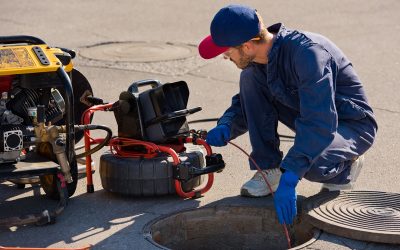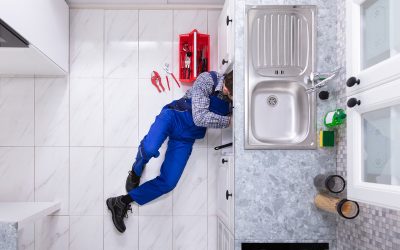Whether residential or commercial, every building needs access to waste sewage disposal, but not all buildings are in the right location to access municipal utility systems. In fact, a vast number of homes and businesses take advantage of septic systems which might be installed and serviced by a Septic Service Westchester County NY. These septic systems are designed to manage waste water and solid sewage, however they aren’t well suited for some products including various chemicals, waste paper products and so forth.
In many ways the septic system is like a miniature sewage treatment plant. The waste comes into the tank and the solid matter settles to the bottom where it is partially consumed by bacteria and enzymes. The excess water is slowly drained out the outlet hole into a series of field lines where it is spread out into the soils to be filtered and slowly returned back into the local water table. This may seem a little icky, but the soil is better able to clean this water than humans are. Plus, the time it takes to return it back into the water table is longer than most people realize.
Of course, water is only part of the sewage and that waste munching bacteria can only consume a portion of the solid materials. Eventually, this leftover residue will accumulate and your septic system won’t operate properly. In these circumstances the only option you have is to contact a Septic Service in Westchester County, NY to come and clean the system. This is basically a huge, vacuum operated truck which sucks out the old waste. Depending on the service, they may use water or a jetting system to clean the tank walls and lines as well.
Every Septic Service Westchester County NY differs on how extensive their cleaning service is and some may have different levels such as a tank vacuum only or vacuum and clean. Others may include a basic inspection of the tank and lines or may charge a small additional fee for this service. The need for inspections may not be apparent, but doing so can provide valuable information regarding cracks in the tanks or roots growing in the field lines. Either situation could prove disastrous if left alone.




